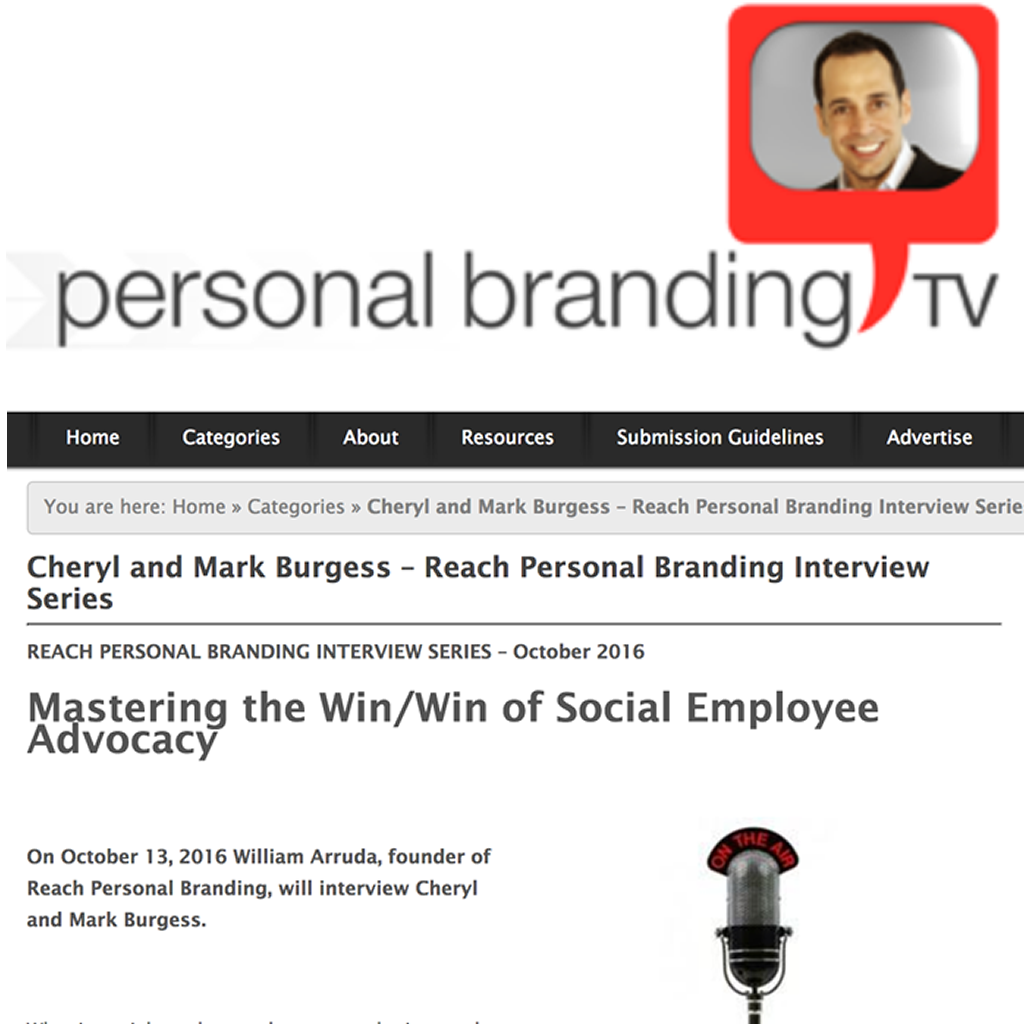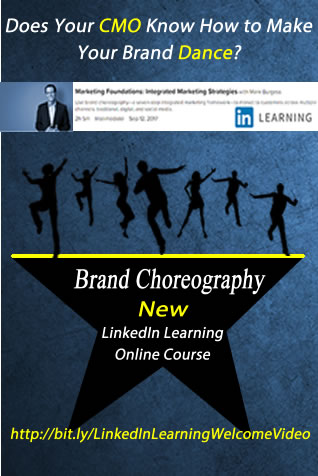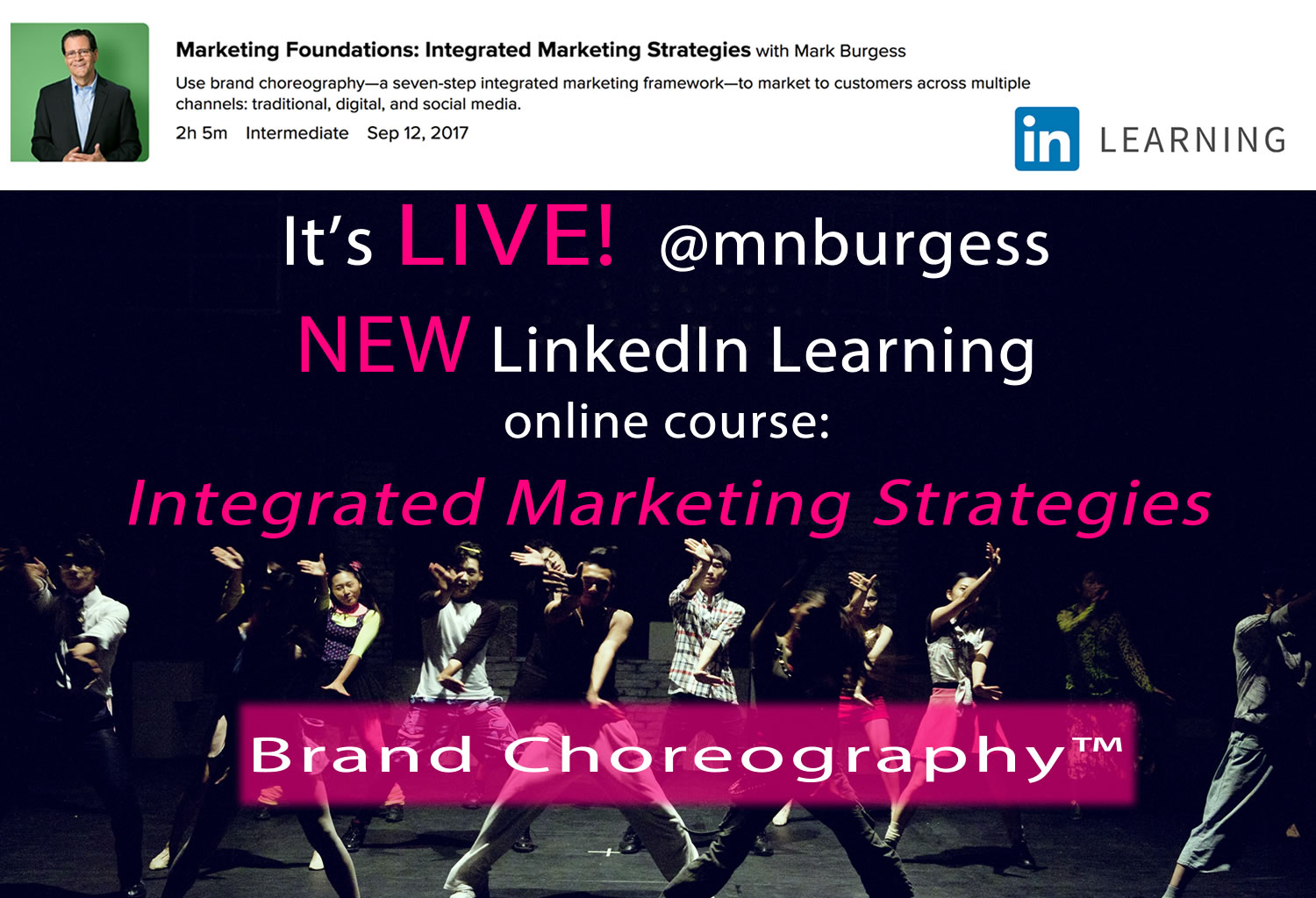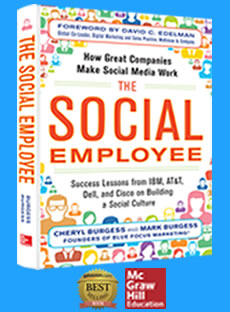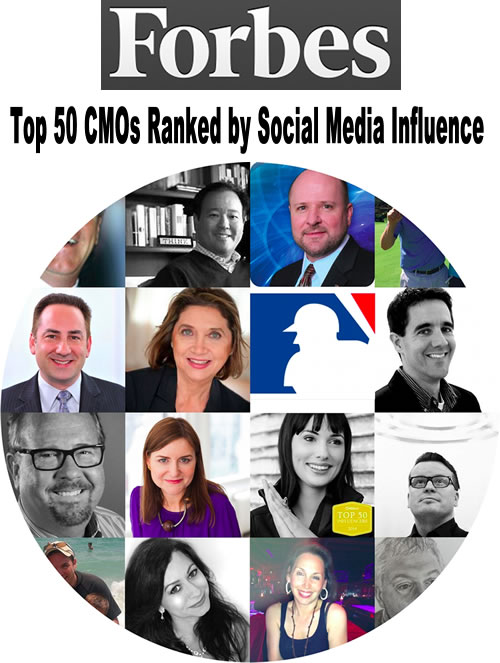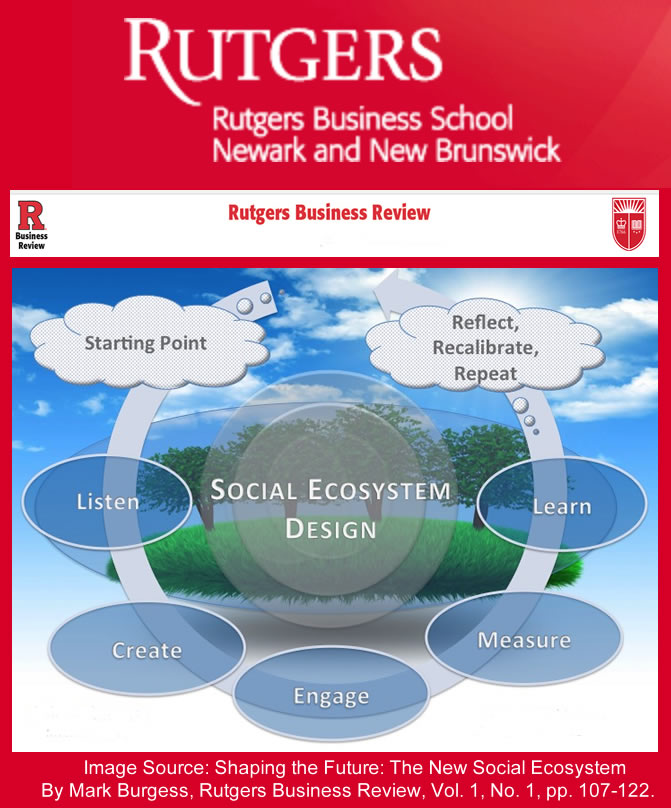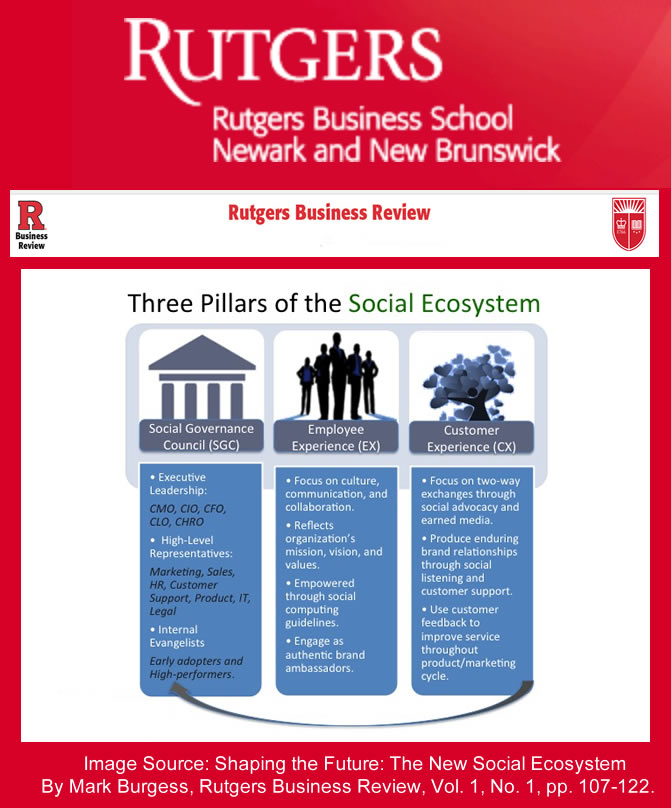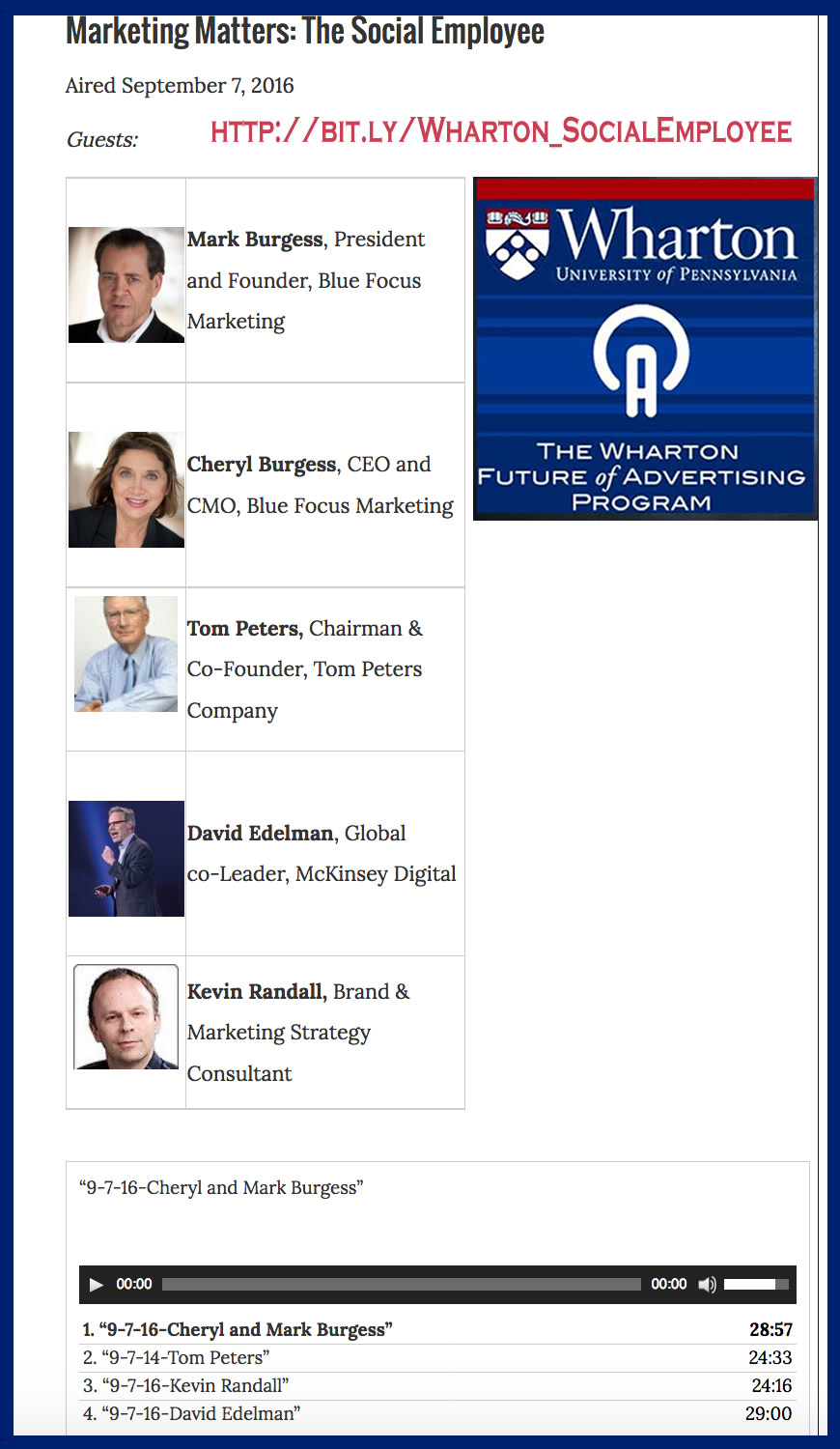If there’s one thing the past decade has taught us as marketers, it’s that the business world has just barely begun to tap the seemingly limitless potential of social engagement. Indeed, beginning with our best-selling book, The Social Employee (McGraw-Hill), we’ve learned that employee-driven content marketing and advocacy is as exciting as it is versatile. And as studies have shown, the brands that embrace employee-driven social advocacy models generate better results.
A few weeks ago, we had a chance to bring this message of hope to William Arruda (@reachbranding) for his Reach podcast on PersonalBranding.tv. During the talk, we covered several key touchstones of employee-driven advocacy, why it’s become so effective in the digital bazaar, and how brands can get started without taking on unnecessary risk. Have a listen or download below:
Download the Reach podcast: On the web | On iTunes | On Stitcher
Here are three takeaways from our conversation about social employee advocacy and what brands can do to unlock it within their organizations.
#1. No one owns social engagement.
Social engagement has applications in marketing, PR, and HR, just to name a few. But while it’s often housed in marketing departments, social employee advocates can—and should—come from anywhere within the organization. This means that the best social programs thrive in de-siloed workplaces that foster and encourage coordination and collaboration between departments.
#2. How do you bring about change in social-resistant organizations?
Change is hard—especially when it entails a fundamental change in how you market your brand and engage stakeholders. This is one reason why we advocate for organizations to start their social programs small. There’s no need to rebuild Rome in a day. If you’re a social evangelist in your organization, seek permission to advocate on your own or start a small pilot program. If you start generating positive results, they’ll be sure to notice.
#3. Separating the personal vs. professional?
Many brands like the idea of building a broad digital footprint through social employee advocacy. But what happens when employees use the same social media accounts to post pictures and comments from their personal lives? At the end, it boils down to training and awareness: Employees who choose to build a professional brand must understand what that means for their personal and professional online identities. Fortunately, we’ve found that the organizations with strong social cultures tend to self-police these activities themselves and that, despite the concern, this really isn’t a problem for most brands.
